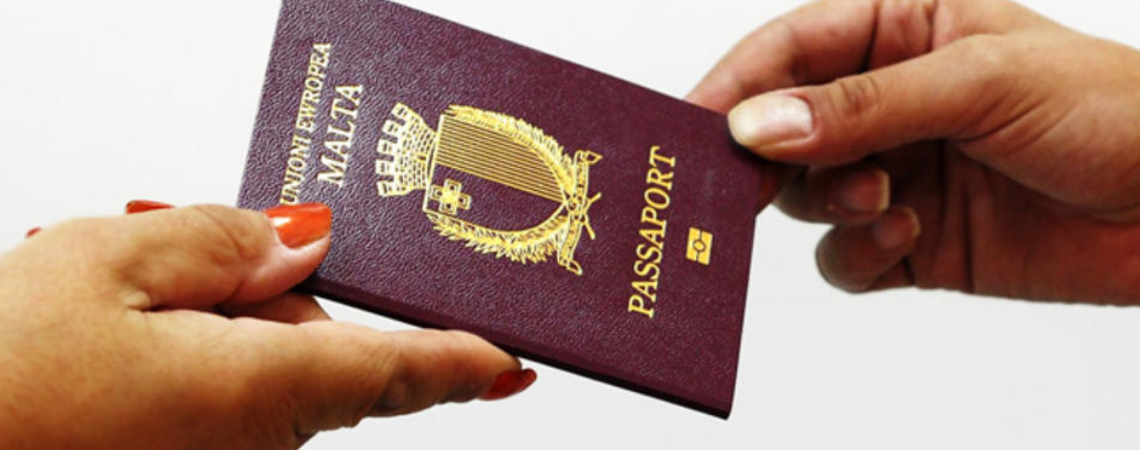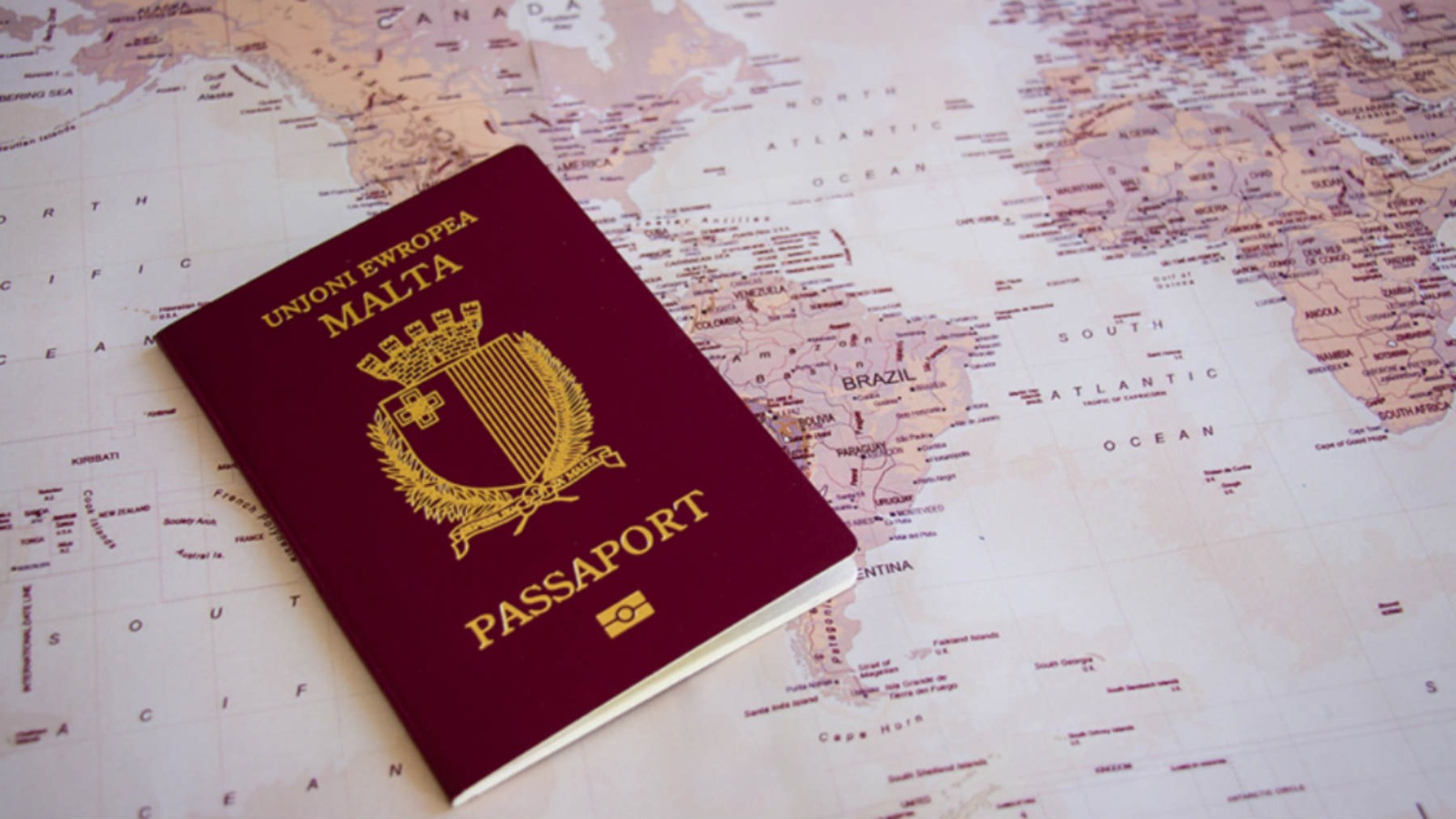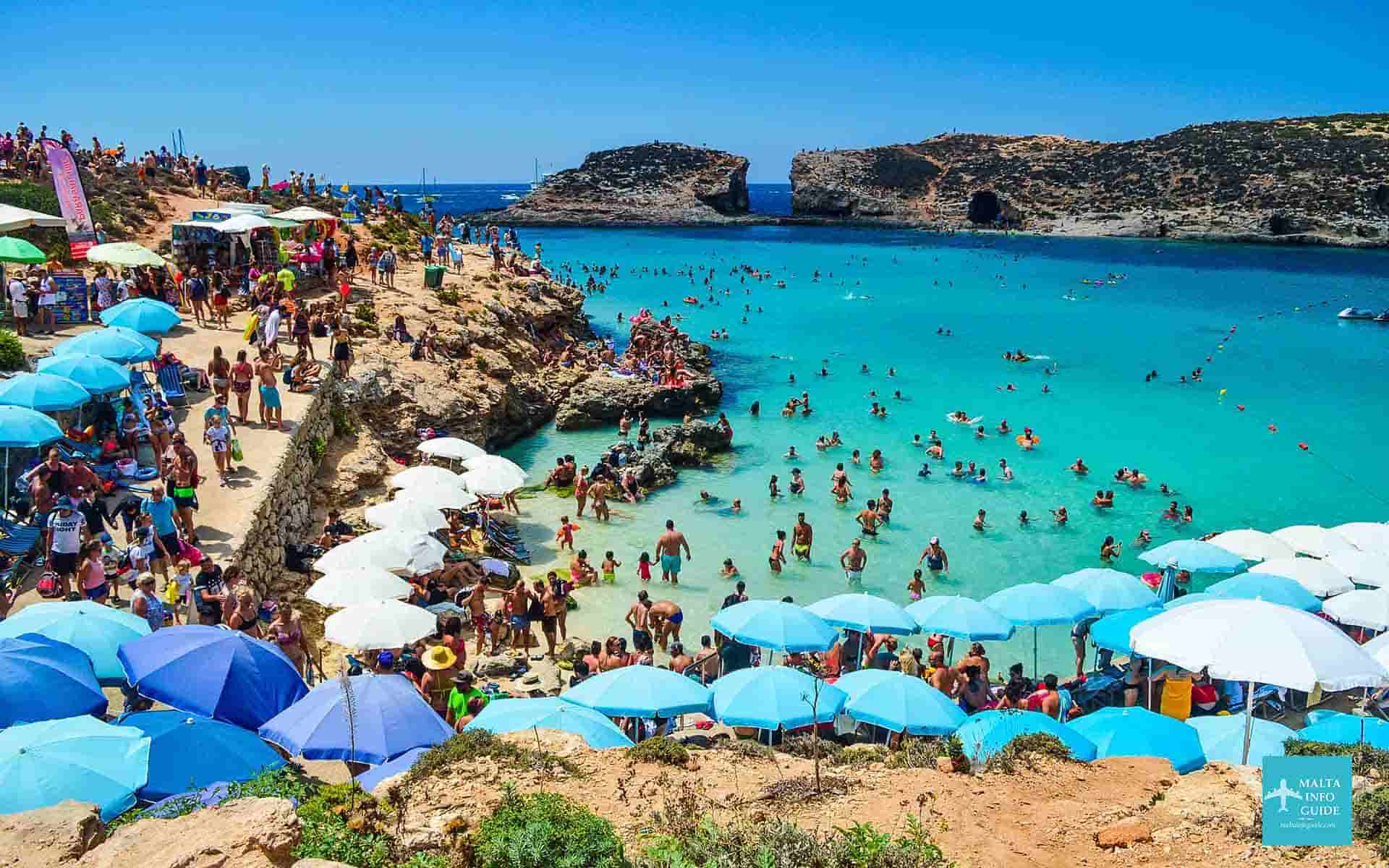Malta’s citizenship-by-investment programme has once again secured the top position in the Henley & Partners Global Citizenship Program Index, marking its tenth consecutive year as the highest-ranked scheme.
The programme, officially known as the Malta’s Exceptional Investor Naturalisation (MEIN), was introduced in 2013 and amended in 2020.
In the 2025 Investment Migration Programs Report, Malta narrowly outperformed Austria, scoring 76 out of 100.
The country received top marks for visa-free or visa-on-arrival access, compliance, and relocation flexibility, benefiting from its status as an EU member state. However, it scored lower in categories such as reputation (6/10), processing time, and investment requirements (both 5/10).
Other high-ranking countries for citizenship-by-investment include Grenada (69), Antigua and Barbuda (67), and Nauru (66). The rankings were assessed by a panel of academics, country risk specialists, economists, and immigration experts.
Investment and residency requirements
The MEIN programme allows non-EU nationals to obtain Maltese citizenship through significant financial contributions. The investment threshold varies between €690,000 and €1.46 million, depending on the applicant’s chosen route.
To qualify, applicants must:
- Make a non-refundable contribution to Malta’s National Development and Social Fund (NDSF), starting at €600,000 for naturalisation after 36 months or €750,000 for a 12-month fast-track option.
- Purchase a property worth at least €700,000 or lease a residence for a minimum of €16,000 annually for five years.
- Donate a minimum of €10,000 to a registered Maltese charity.
Additional costs include due diligence fees (€15,000 for the primary applicant, €10,000 for dependents), a processing fee of €1,000 per applicant, and a residence permit fee (€5,000 for the main applicant, €1,000 per dependent).
The European Commission has repeatedly called for Malta to end its golden passport scheme over security and regulatory concerns.
However, in October 2024, EU Advocate General Anthony Collins proposed that the Court of Justice should “dismiss the Commission’s action and order the Commission to pay its costs and those of the Republic of Malta.”
Malta’s R&D spend stays level at 0.6% of GDP
Total expenditure of research and development amounted to €121 million in 2023, an increase of €16.1 million
Most Maltese scam victims don’t know about dispute resolution service, study finds
In this day and age ignorance costs, as scammers are getting increasingly clever
Extreme heat set to leave 2.5% dent in Malta’s GDP by mid-century
The country is set to see GDP impacts from extreme heat






